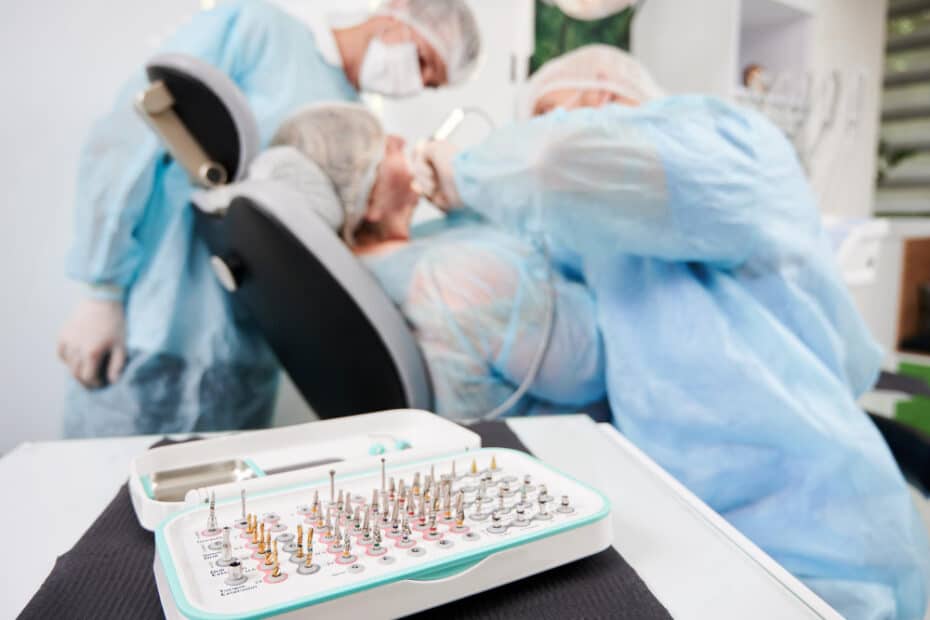Cancer is considered one of the most common and complex diseases that exist. There are dozens of types of diseases defined as cancer, at different levels, some of which are incurable, while others are considered relatively mild.
In Israel, according to estimates, close to 30,000 new cancer patients are discovered every year. Overall, according to the data, 1 in 9 Israelis will cope with the disease in one form or another, during their lifetime.
As with other diseases, cancer patients who are required to undergo certain treatments that are not related to the disease must do so under special conditions. An example of this can be seen in the case of everything related to dental treatments. While healthy people receive treatment in a regular, regular way, cancer patients are forced to receive dental treatments in a different way.
Dental treatments for cancer patients (i.e., dental treatments for cancer patients) are different, both in terms of the nature of the treatments, their frequency, and also from an economic point of view, since this is a considerable expense that stems, among other things, from the frequency of the treatment. There are cases in which it is necessary to undergo more significant treatment, due to the fact that cancer patients are dealing with chemotherapy and radiation treatments, which affect certain aspects of their body beyond the treatment of the disease itself, including everything related to dental health.
How does the disease affect oral health?
In order to understand why there is a special track of Dental Treatments for Cancer Patients , we need to understand how the disease affects oral health in one way or another.
First, there are cases in which the disease itself has a direct effect, due to the fact that the tumor is located in the mouth area. Second, in most cases, due to cancer treatments (in general, and especially when it comes to a tumor in the oral area), this will have an impact on various aspects of the area.
For example, ulcers in the oral mucosa, toothache, overgrowth in the gum area, unexpected bleeding, infections, and more. It should be remembered that the disease causes the patient's immune system to weaken dramatically, and therefore this will lead to a reduction in platelets, which will lead to bleeding and also a great chance of contracting infections and other dental diseases.
As mentioned, dental treatments for oncology patients must take into account the patient's condition, the nature of the treatment he needs and can undergo, and of course the economic implications of the treatment costs. In this aspect, it should be said that each cancer patient can receive different reimbursements for the treatment he needs to undergo.
How do you choose a doctor?
Not every dentist can provide dental care for cancer patients. To do this, it is necessary to make sure that he has the necessary expertise, has the relevant means and tools, and that he can provide an appropriate treatment plan.
It is very possible that the plan will be adapted to the nature of the treatment plan that the patient is undergoing in order to overcome the cancer, and it is necessary to take into account options for withdrawal from the treatment due to changes in the physical and health condition. In any case, it is important to treat any problem as soon as possible, so that it does not overcome.


